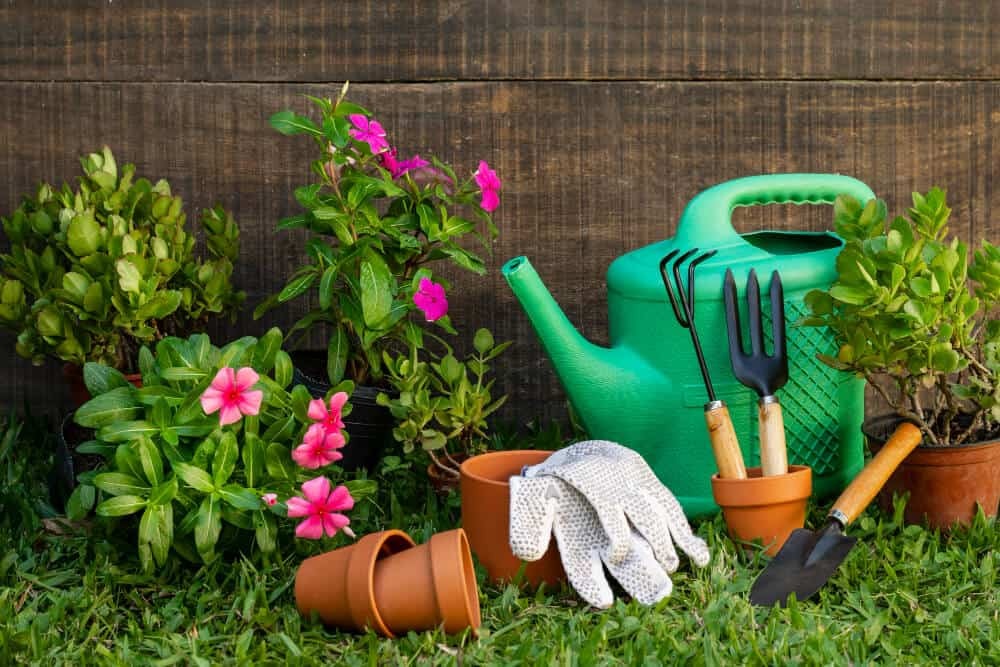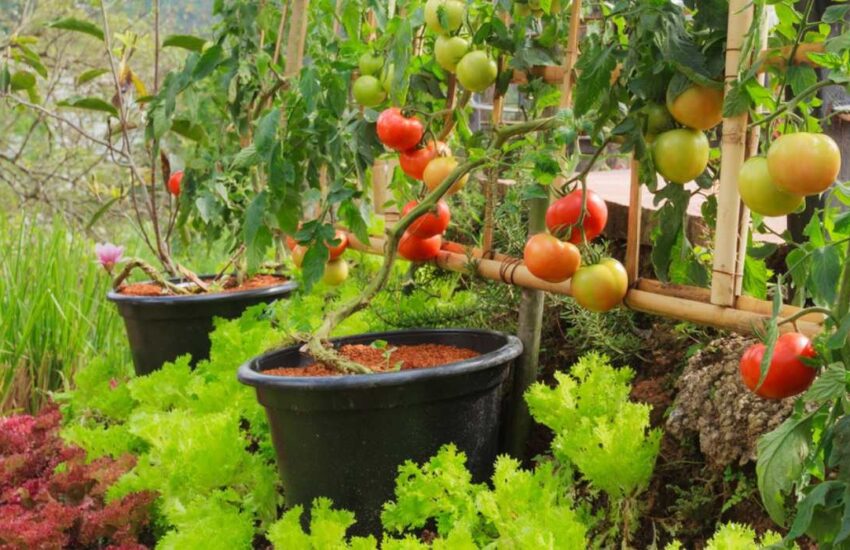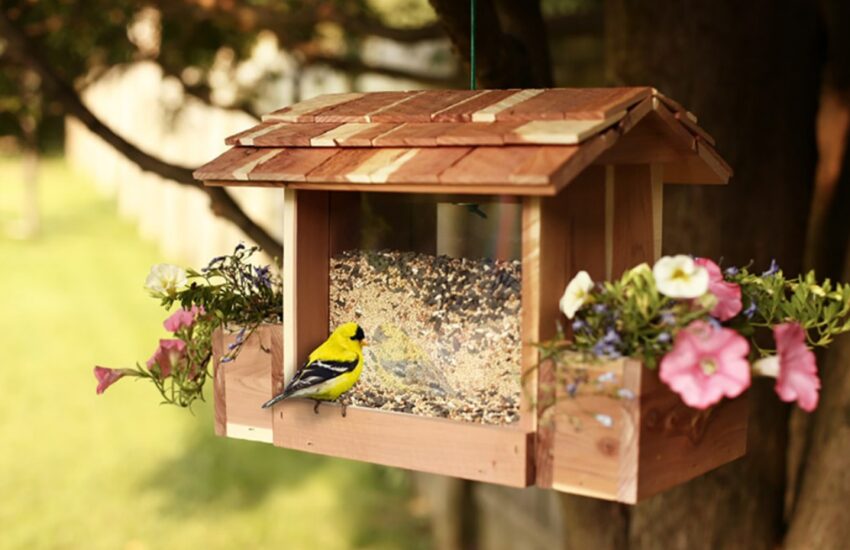Gardening is a fulfilling activity that requires not only passion but also the right tools. Having the proper equipment can make gardening tasks easier, more efficient, and more enjoyable. Whether you are a novice gardener or have years of experience, investing in high-quality tools is essential for maintaining a healthy and beautiful garden. In this article, we will discuss the essential tools every gardener should own and provide tips on how to maintain them to ensure they last for years.
Basic Tools
- Hand Trowel
- A hand trowel is one of the most versatile and indispensable tools in any gardener’s arsenal. It is perfect for planting, transplanting, and weeding small areas. Look for a trowel with a comfortable grip and a durable, rust-resistant blade. A well-made trowel can last a lifetime if properly cared for.
- Pruners
- Pruners, also known as secateurs, are essential for trimming and shaping plants. They are used to cut small branches, stems, and deadheading flowers. There are two main types of pruners: bypass and anvil. Bypass pruners, which operate like scissors, are ideal for live plants, while anvil pruners are better suited for cutting dead wood. Keep pruners sharp and clean to ensure clean cuts and prevent disease spread.
- Garden Gloves
- Protecting your hands while gardening is crucial. A good pair of garden gloves will shield your hands from thorns, sharp objects, and soil-borne pathogens. Choose gloves that are durable, breathable, and fit well. Leather gloves offer excellent protection and durability, while nitrile-coated gloves provide a good grip and are suitable for delicate tasks.
- Watering Can
- A watering can is essential for providing your plants with the moisture they need to thrive. Look for a can with a removable rose (the perforated spout) for versatile watering. A well-balanced watering can with a comfortable handle makes it easier to carry and pour water precisely where it’s needed.
Advanced Tools
- Lawn Mower
- A lawn mower is crucial for maintaining a neat and healthy lawn. There are various types of lawn mowers, including push mowers, electric mowers, and petrol mowers. Choose one based on the size of your lawn and your physical ability. Regularly check the blades and keep them sharp for a clean cut.
- Hedge Trimmer
- Hedge trimmers are used to shape and maintain hedges and shrubs. They come in manual, electric, and petrol-powered versions. Manual trimmers are suitable for small jobs, while electric and petrol trimmers are better for larger, more demanding tasks. Regularly oil the blades and keep them sharp for efficient trimming.
- Garden Fork
- A garden fork is essential for turning soil, aerating lawns, and lifting plants and bulbs. It is particularly useful for breaking up compacted soil. Look for a fork with strong, sharp tines and a comfortable handle. Stainless steel forks are durable and resistant to rust.
- Wheelbarrow
- A wheelbarrow is invaluable for transporting soil, compost, plants, and other materials around your garden. Choose a wheelbarrow that is sturdy, with a well-balanced design and a comfortable grip. Pneumatic tyres provide better stability and ease of movement over uneven terrain.
Specialty Tools
- Compost Bin
- A compost bin allows you to recycle garden and kitchen waste into nutrient-rich compost. There are various types of compost bins, from simple heaps to enclosed bins. Choose one that suits your space and needs. Composting reduces waste and provides your garden with organic fertiliser.
- Rain Barrel
- Collecting rainwater in a rain barrel is an eco-friendly way to water your garden. Rainwater is free of chemicals found in tap water and is better for your plants. Install a rain barrel under a downspout to collect and store rainwater. Most rain barrels come with a spigot for easy access to the water.
- Soil Tester
- Understanding the condition of your soil is crucial for successful gardening. A soil tester measures pH levels, moisture content, and nutrient levels. Knowing your soil’s properties helps you make informed decisions about fertilising and planting. Soil testers range from simple kits to more advanced electronic devices.
Tool Maintenance Tips
- Cleaning and Sharpening
- Regularly clean your tools after use to prevent rust and wear. Sharpen blades on pruners, shears, and hoes to maintain their efficiency. Use a wire brush to remove soil and debris, and oil metal parts to prevent rusting.
- Storage
- Store your tools in a dry, sheltered location such as a shed or garage. Hanging tools on a wall or storing them in a tool rack can help keep them organised and accessible. Protect wooden handles from moisture and cracking by treating them with linseed oil.
- Regular Inspection
- Inspect your tools regularly for signs of damage or wear. Replace any broken or worn parts to keep your tools in good working condition. Regular maintenance prolongs the life of your tools and ensures they perform well.
Buying Guide
- Quality over Quantity
- Investing in high-quality tools is worthwhile in the long run. Look for tools made from durable materials such as stainless steel and hardwood. While high-quality tools may be more expensive initially, they often last longer and perform better.
- Trusted Brands and Local Shops
- Consider purchasing tools from reputable brands known for their durability and performance. Local garden centres and hardware stores often carry high-quality tools and can provide personalised recommendations based on your needs.
Conclusion
Having the right tools is essential for efficient and enjoyable gardening. From basic hand tools to advanced equipment, each tool plays a crucial role in maintaining a healthy and beautiful garden. By investing in quality tools and taking good care of them, you can ensure that your gardening tasks are more manageable and your garden thrives.
For professional advice and assistance with your gardening needs, visit the Gardeners in Reading website for expert information and guidance.











